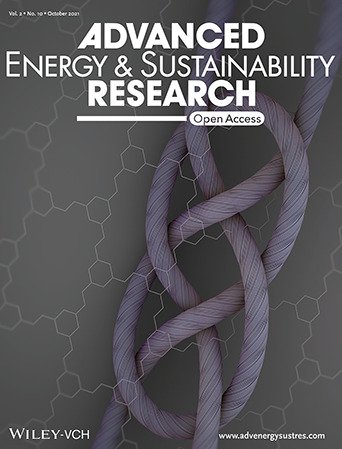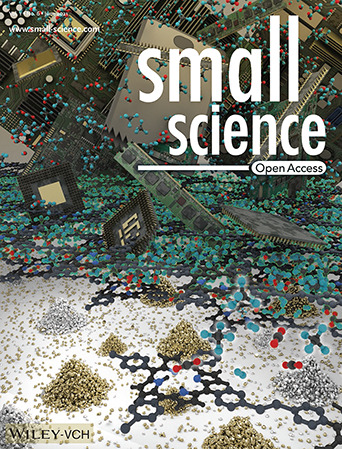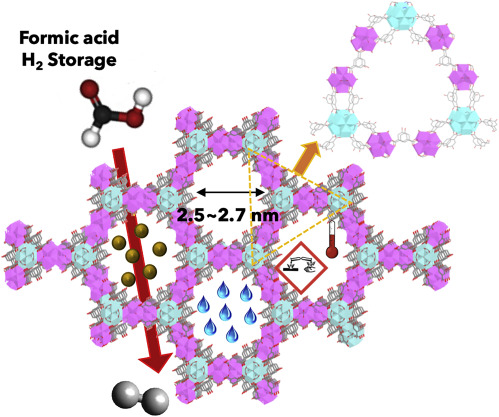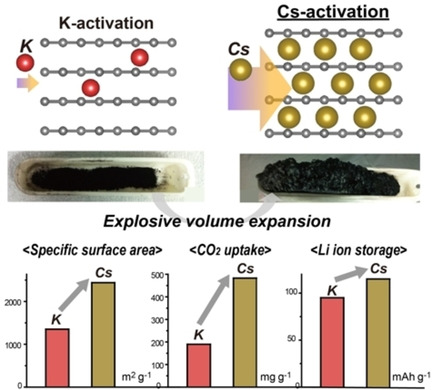Scalability, cost, and feasibility of porous structures in gas capture are prerequisites for emerging materials to be promising in the industry. Herein, a simpler variant of Friedel−Crafts’ synthesis of highly porous covalent organic polymers (COPs) based on an unprecedented solvent-mediated crosslinking is presented. Alkyl chlorides behave as both solvents and linkers in the presence of AlCl3. Studies on three classes of 18 different monomers using dichloromethane, chloroform, and 1,2-dichloroethane lead to producing 29 new COPs (124−152). Polymers are characterized by Fourier-transform infrared spectroscopy (FTIR), nuclear magnetic resonance (NMR) spectroscopy, elemental composition analysis, scanning electron microscope (SEM), thermogravimetric analysis (TGA), and porosity analyzer. The synthesized COPs exhibit structures from nonporous to highly porous morphologies with Brunauer–Emmett–Teller (BET) surface areas as high as 1685 m2 g−1. These COPs show high gas uptake toward CO2 (up to 4.71 mmol g−1 at 273 K, 1.1 bar), CH4 (up to 1.31 mmol g−1 at 273 K, 1.1 bar), and H2 (up to 2.02 wt% at 77 K, 1.1 bar). The findings point to significant potential in producing sustainable porous materials through simple and scalable methodology developed here.




